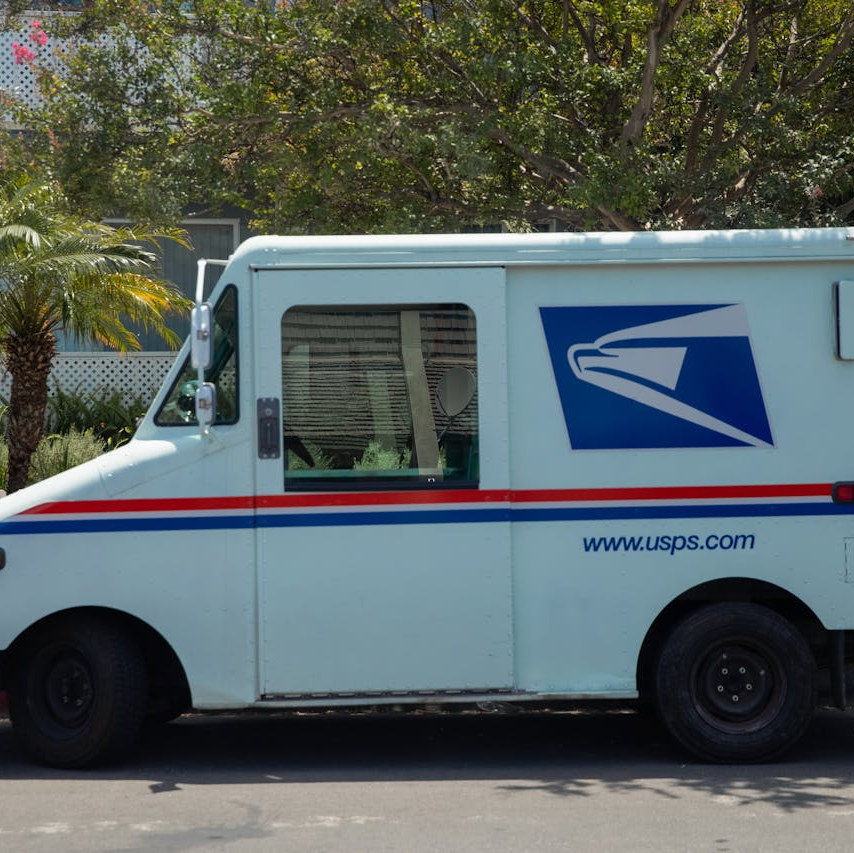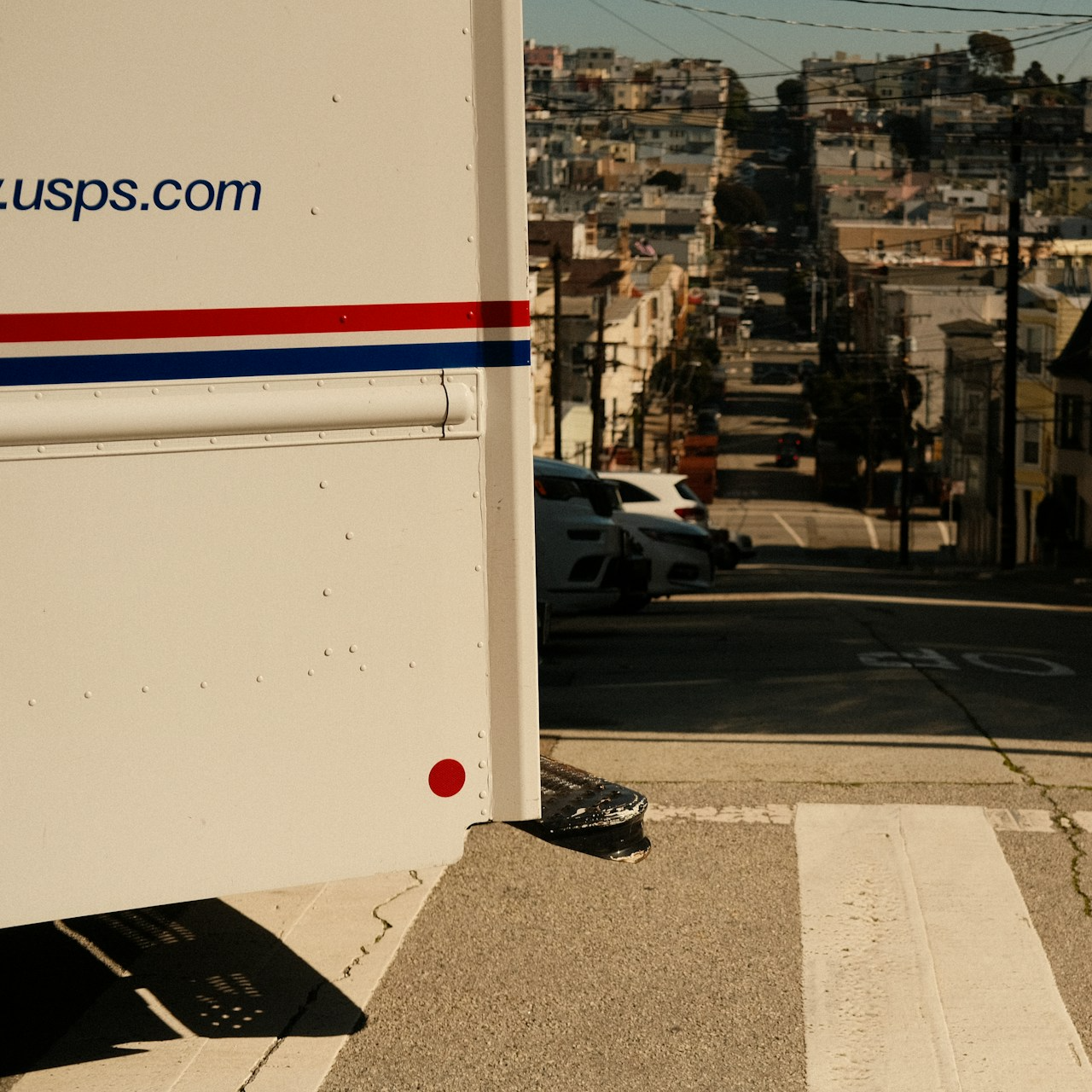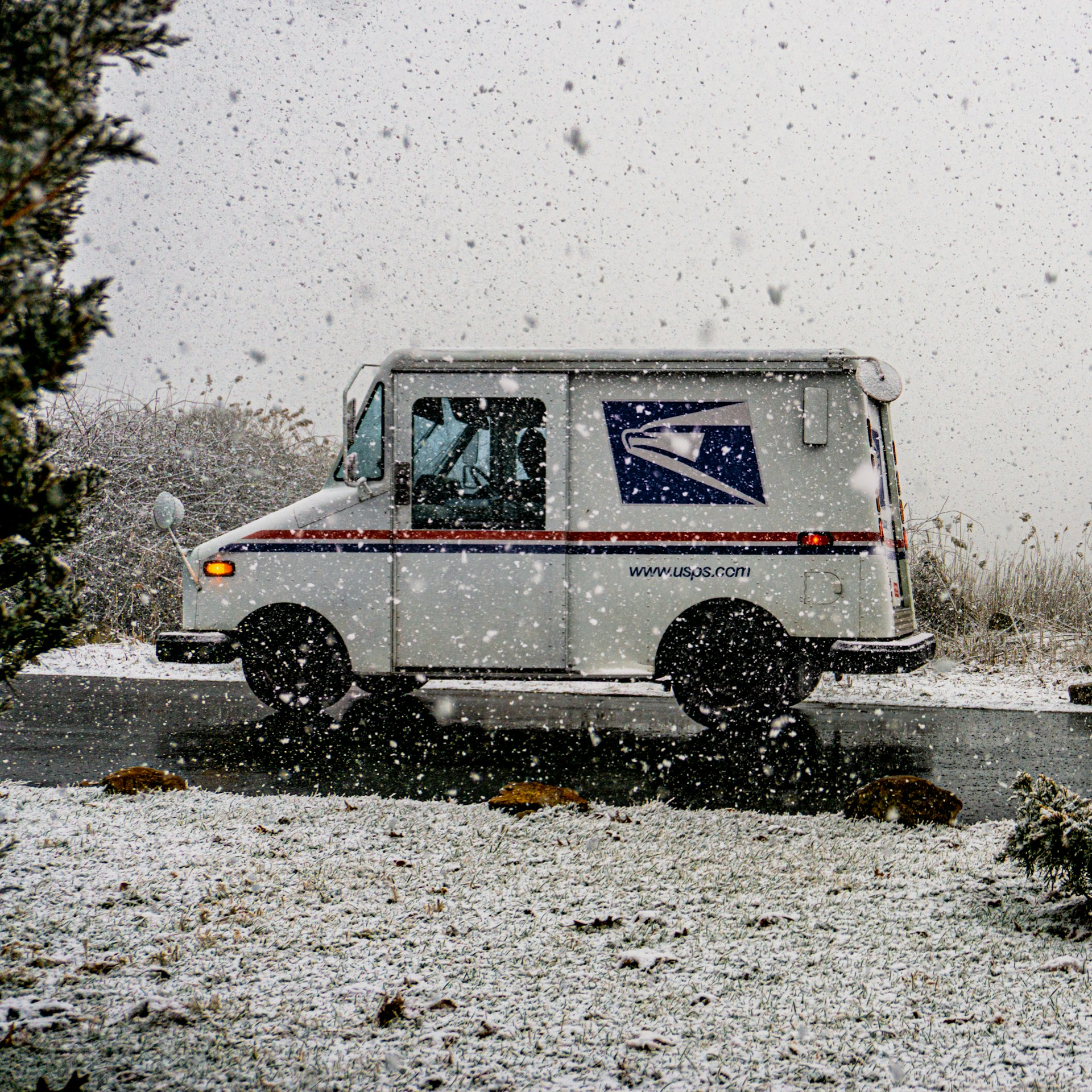Key Takeaways
-
Believing myths about Medicare and PSHB could lead to unnecessary healthcare costs and reduced benefits.
-
Understanding your Postal Service Health Benefits (PSHB) alongside Medicare helps you make informed decisions about your retirement coverage.
1. “I’m Automatically Covered by Medicare When I Enroll in PSHB”
It’s easy to assume that enrolling in the new Postal Service Health Benefits (PSHB) automatically gives you full Medicare coverage. However, the truth isn’t that straightforward. While PSHB requires certain retirees and their eligible family members to enroll in Medicare Part B as a condition of maintaining PSHB coverage, you’re not automatically enrolled.
-
Fact Check: Medicare enrollment is your responsibility. You must enroll during your Initial Enrollment Period, which starts three months before your 65th birthday and continues for seven months.
-
Missing this period can lead to permanent late enrollment penalties and gaps in coverage.
2. “If I Have PSHB, I Don’t Need Medicare Part B”
This myth can be particularly costly. Although PSHB offers comprehensive coverage similar to FEHB, for postal retirees eligible for Medicare in 2025, enrolling in Part B is mandatory to retain your PSHB coverage, except in specific exemption cases.
-
Why it matters: Failing to enroll in Medicare Part B when required means losing your PSHB plan entirely.
-
Medicare Part B helps lower your overall healthcare costs by covering outpatient medical services, preventive care, and specialists.
To avoid the stress and financial implications, always confirm your obligations with a licensed agent.
3. “My Spouse Will Be Covered by Medicare When I Enroll”
One common misconception is believing your spouse automatically receives Medicare coverage when you do. Unfortunately, Medicare is individual-based coverage, meaning your spouse must independently enroll in Medicare when they become eligible.
-
Key Insight: Each person has their own Initial Enrollment Period around their 65th birthday.
-
Delays in your spouse’s enrollment could mean higher premiums and late penalties.
Always coordinate your spouse’s Medicare and PSHB enrollment timeline to ensure continuous coverage.
4. “Medicare Covers Everything, So I Can Skip PSHB”
Medicare is extensive, but it doesn’t cover everything. Many retirees mistakenly believe Medicare alone is enough, overlooking the value PSHB adds.
-
Reality Check: Medicare Parts A and B have deductibles, copayments, and coinsurance costs that can quickly add up.
-
PSHB complements Medicare, covering many gaps, including certain prescription drug costs and out-of-pocket maximum limits for healthcare expenses.
When combined, Medicare and PSHB can significantly reduce your financial burden in retirement.
5. “My PSHB Premiums Will Decrease Once I Enroll in Medicare”
A widespread misunderstanding among USPS retirees is that enrolling in Medicare automatically reduces their PSHB premiums. While enrolling in Medicare Part B can lower your overall out-of-pocket expenses, your actual PSHB premiums remain fixed by your chosen plan and enrollment status.
-
Clarification: The value lies in lower healthcare expenses due to Medicare covering certain services, not in reduced monthly PSHB premiums.
-
Budgeting accurately requires understanding that while monthly premiums may not decrease, your total healthcare expenses likely will.
6. “All PSHB Plans Offer the Same Medicare Integration”
Assuming all PSHB plans have identical Medicare integration could lead you astray. While PSHB standardizes certain elements of Medicare integration, significant variations still exist between plans.
-
Plan Differences: Some PSHB plans offer reduced deductibles, lower copayments, and waived coinsurance for Medicare enrollees. Others focus on prescription drug cost relief or specific healthcare services.
-
Reviewing plan details annually during Open Season (November 11 to December 13 in 2025) is essential to ensure you’re maximizing your benefits and minimizing costs.
How Misunderstandings Can Affect Your Healthcare Costs
Believing in any of these Medicare and PSHB myths can have costly repercussions:
-
Late Enrollment Penalties: Delaying Medicare enrollment when required leads to permanent monthly premium penalties, significantly increasing your healthcare costs.
-
Coverage Gaps: Misaligning your PSHB and Medicare coverage could result in gaps, exposing you to significant financial risk during unexpected medical events.
-
Loss of PSHB Coverage: Failure to meet mandatory Medicare enrollment requirements could result in the loss of your valuable PSHB plan.
Educating yourself thoroughly or consulting a licensed agent ensures you avoid these pitfalls.
What You Can Do to Avoid Falling for These Myths
Avoiding costly myths about Medicare and PSHB requires proactive steps:
-
Understand Enrollment Periods: Keep track of Medicare Initial Enrollment Periods, PSHB Open Season, and any special enrollment periods triggered by life events.
-
Consult a Licensed Agent: Engage professional guidance to review your healthcare needs, evaluate plan options, and coordinate Medicare and PSHB effectively.
-
Regularly Review Your Coverage: Healthcare needs evolve. Annual reviews ensure your coverage aligns with your current health status, reducing unnecessary expenditures.
Why the Annual PSHB Open Season Matters
Every year, USPS retirees and employees have an Open Season from November 11 to December 13. During this period, you can:
-
Change your PSHB plan to better suit your healthcare needs.
-
Review how Medicare integrates with your chosen PSHB plan.
-
Ensure you’re enrolled correctly, avoiding costly misunderstandings and late enrollment penalties.
Mark your calendar annually to evaluate your healthcare coverage thoroughly.
Tips for Coordinating PSHB and Medicare Effectively
To maximize benefits from your Medicare and PSHB coverage:
-
Enroll in Medicare Part B timely to avoid losing your PSHB coverage.
-
Evaluate plans annually, checking for changes in deductibles, premiums, or coinsurance.
-
Keep up with Medicare requirements and PSHB updates, ensuring your coverage stays current and cost-effective.
-
Consult a licensed agent for personalized advice tailored specifically to USPS retirees.
Don’t Let Misconceptions Limit Your Retirement Benefits
Believing myths around Medicare and PSHB can significantly impact your retirement finances and healthcare security. Proactive education, careful planning, and timely consultations protect you from costly surprises.
For expert guidance, connect with a licensed agent on this website today and ensure your healthcare coverage fits your retirement plans perfectly.











